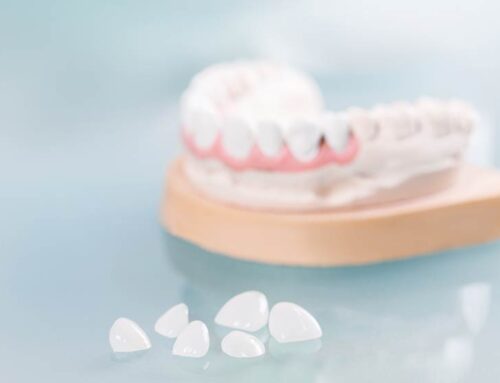An effective smile is almost synonymous with white teeth. Many people report feeling more confident and comfortable in various settings, from business meetings to social gatherings, after whitening their teeth.
Naturally, when we talk, we focus on the other person’s face. Healthy, white teeth make a much more positive impression compared to stained teeth. In this regard, teeth whitening is one of the leading cosmetic dentistry procedures due to its ease, quick results, and noticeable impact.
The key to teeth whitening is to choose the right method without harming dental health. For instance, crooked teeth or gum diseases can affect the treatment plan. Some dental issues need to be addressed first, and whitening can be done later. Additionally, individuals with dental work such as bridges, crowns, or bonding may need to consider different options since these restorations will not change color with whitening treatments. Therefore, consulting a dentist before whitening is essential.
Teeth whitening falls within the expertise of dentists. Professional whitening is a procedure planned and prescribed by a dentist. Along with teeth whitening, you might also need a professional cleaning, as plaque can build up despite daily brushing. We recommend having your teeth cleaned every six months to maintain healthy teeth and remove surface stains.
Professional teeth whitening is performed without damaging your gums or enamel. Once you choose between at-home and in-clinic whitening options, a treatment plan tailored to your needs will be created.
You may need whitening for all your teeth or just a single tooth. Sometimes, teeth that have undergone root canal treatment may discolor. Internal bleaching can be used to whiten such teeth from the inside out.
Over-the-counter or online-purchased whitening products often lack sufficient active ingredients and do not alter the internal pigment of the teeth. Whitening agents containing substances like sodium bicarbonate (baking soda), sodium chloride (salt), or citric acid can remove surface stains by abrasion, but they also cause irreversible damage to the enamel. Similarly, whitening kits composed of multiple products are not custom-fitted to your teeth, leading to gel spillage, gum irritation, and often ingestion of the material. These kits are not only ineffective but can also be harmful.
The only way to achieve whiter teeth without damaging your dental health is to proceed with professional methods through your dentist. When determining the best treatment option for your teeth and smile, it is crucial to visit a reputable dental clinic specialized in cosmetic dentistry.







Leave A Comment